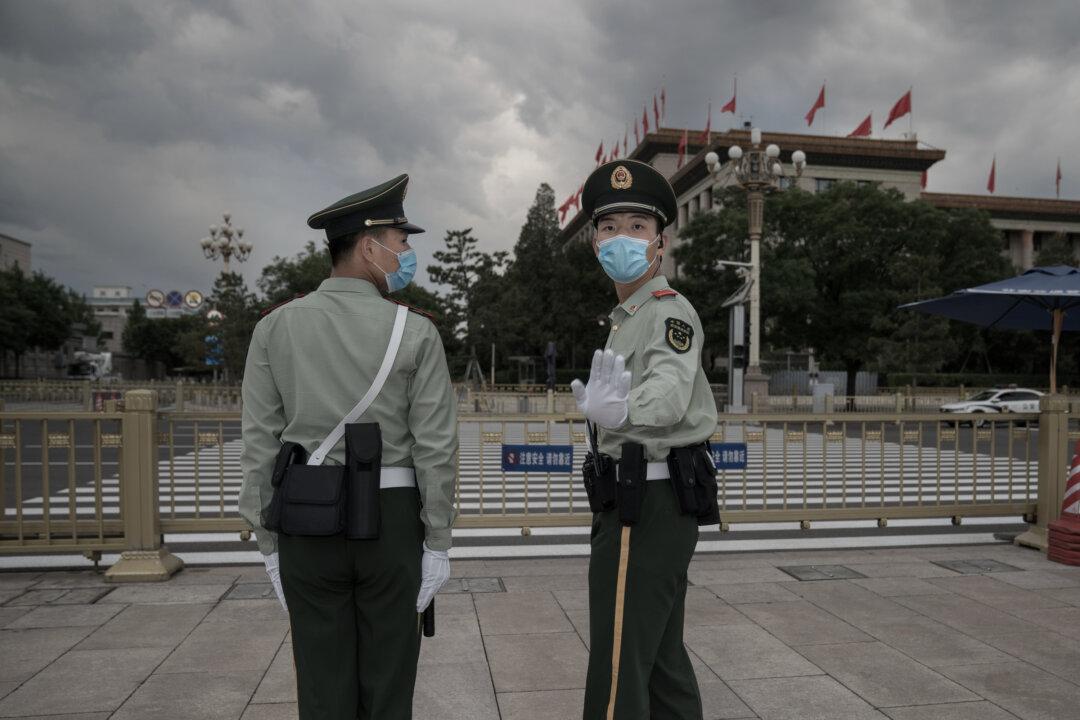Commentary
The Chinese Communist Party (CCP) has achieved an unprecedented reach into American life, and the extent of Beijing’s influence over many aspects of American life is astonishing.

The Chinese Communist Party (CCP) has achieved an unprecedented reach into American life, and the extent of Beijing’s influence over many aspects of American life is astonishing.